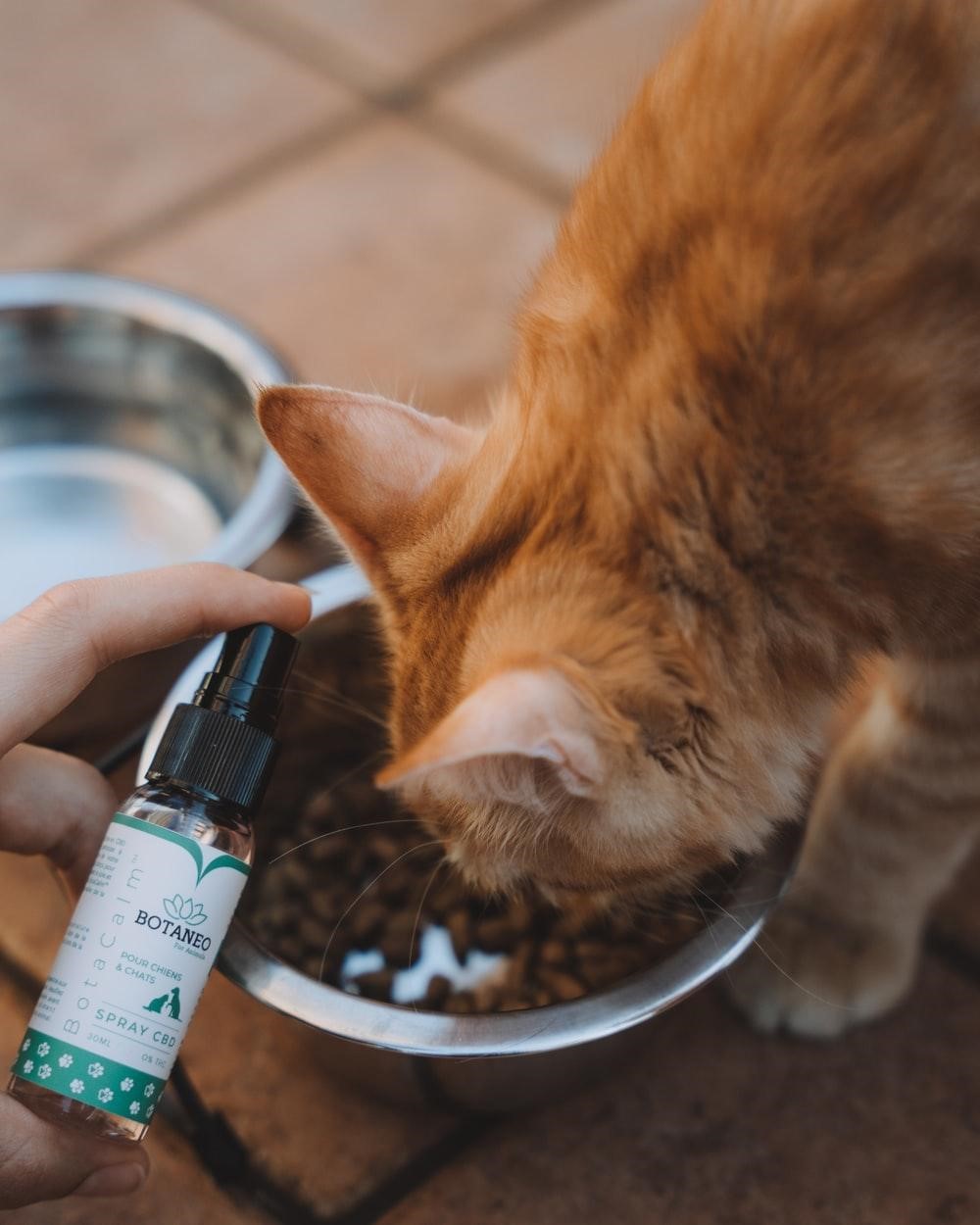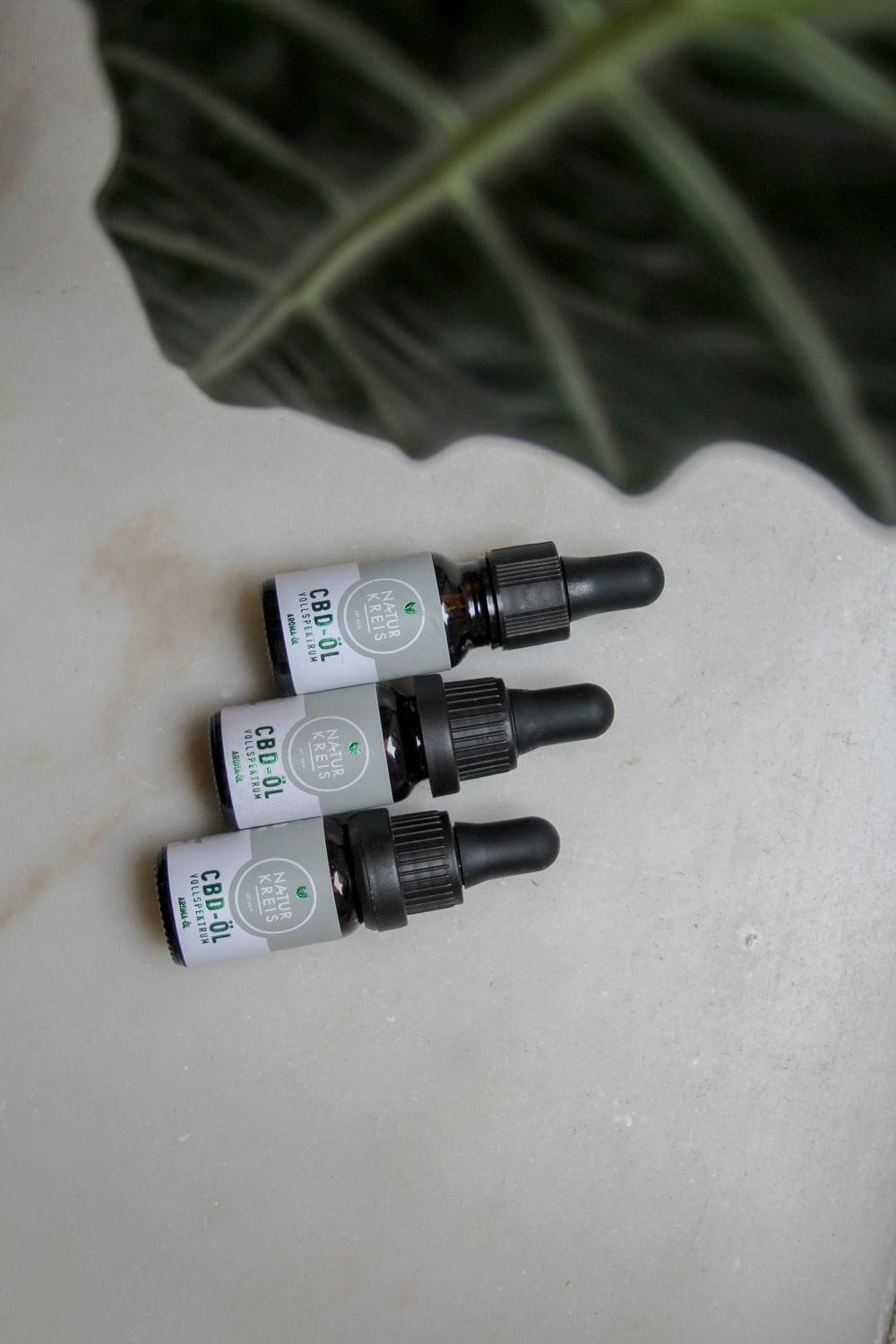Cannabidiol (CBD) is one of the over 100 active biochemical compounds in the cannabis plant. CBD is mostly used for medicinal purposes.
As a medicinal extract, CBD can help treat, manage, or even prevent a variety of medical conditions, including pain, anxiety, insomnia, and seizures, to mention but a few.
One of the reasons medical experts recommend cannabidiol instead of conventional medications is that the substance doesn’t induce worrying side effects. Even if side effects occur, they’re usually mild and short-lasting.
Another great thing to love about cannabidiol is that its medicinal properties are beneficial to humans and our pets. If administered properly, CBD can help to treat a host of pet-related diseases.
But for cat owners trying to integrate cannabidiol into their feline friend’s lifestyle, one of the common concerns is, will CBD get my cat high? This post shall focus on that, but first things first.

Photo Credit: Unsplash.com
Health Benefits of CBD for Cats
As with humans, pain is the most common medical problem that cannabidiol can treat in cats. Cat CBD oil relieves pain by impacting your cat’s endocannabinoid system.
Now, the endocannabinoid system refers to a complex system in all animals that’s responsible for regulating homeostasis. Besides modulating an animal’s homeostatic balance, the endocannabinoid system also plays a crucial role in boosting the animal’s overall immunity.
The system comprises a series of endogenous neurotransmitters known as endocannabinoids and special receptors called endocannabinoid receptors and various hormones that regulate the reuptake and degradation of endocannabinoids.
When you purchase CBD from a trusted supplier and administer it to your cat, the compound enters the animal’s body via his endocannabinoid system. Once CBD gets to your cat’s system, the substance interacts with his pain receptors, such as the vanilloid type 1 (TRPV1) receptor.
CBD for pets basically alters the chemical structure of vanilloid type 1 receptors. That causes these receptors to bind more effectively to the cat’s endocannabinoids associated with pain relief, such as anandamide.

Photo Credit: Unsplash.com
In addition to pain, cannabidiol might also relieve various anxiety disorders in cats, including separation anxiety and other obsessive-compulsive disorders. When consumed, CBD increases the ‘happiness’ hormone serotonin levels while decreasing the levels of the stress hormone cortisol.
In addition to pain and anxiety, the following are other medical conditions in cats that you can manage effectively using cannabidiol;
- Inflammatory conditions like feline arthritis and pancreatitis
- Neurological problems like seizures
- Sleep disorders like insomnia
- Nausea and vomiting
- Metabolic disorders like diabetes

Photo Credit: Unsplash.com
Will CBD Get Your Cat High?
Although cannabis contains powerful healing properties, the plant is also famous for its psychoactive abilities. The most popular psychoactive compound in marijuana is known as tetrahydrocannabinol (THC).
When consumed, THC might induce a host of psychedelic effects, including hallucinations. THC overdose is often marked by a distorted sense of time and space. Since cannabis interacts with a cat’s body in a similar manner as humans, allowing your cat to consume products that are high in THC will most certainly make him high.
Fortunately, cannabidiol in its purest form doesn’t trigger any psychoactive effects. So, you can administer CBD to your feline friend without worrying about getting him high.
CBD doesn’t induce euphoria in cats because the compound interacts with endocannabinoid receptors located far from the cat’s brain and central nervous system. These receptors are broadly known as CB2 receptors. On the other hand, THC interacts with endocannabinoid receptors that typically occur close to the brain, known as CB1 receptors.
However, the most important thing to note here is that all CBD products are not made equal. While pure CBD will not get your cat high, we cannot say the same about CBD products containing significant THC levels.
When looking for the best CBD-based product to offer your kitto, try to shun products labeled ‘full-spectrum.’
Full-spectrum CBD products refer to cannabis products containing cannabidiol and significant levels of tetrahydrocannabinol and other medically beneficial cannabinoids. Experts usually encourage full-spectrum CBD for humans as these products produce compounded medical benefits through a mechanism called the entourage effect.
However, full-spectrum CBD products are discouraged for cats since they might cause hallucinations and intoxication. That’s especially considering that cats have more endocannabinoid receptors in their brain. So, a small amount of THC is all it takes to throw them off balance.
Instead of full-spectrum CBD, insist on CBD products labeled ‘isolates’ or ‘broad-spectrum.’ Both isolate, and broad-spectrum products do not contain the mind-altering THC. The primary difference is that isolates are formulated with CBD as the only bioactive cannabinoid, whereas broad-spectrum products feature CBD and a host of other therapeutically beneficial compounds.
Another crucial point to note is that while cannabidiol won’t get your cat high, the substance is not entirely risk-free. CBD is associated with various side effects in cats, including dry mouth, nausea, and low blood pressure. The saving grace is that most side effects of CBD are usually mild and short-lasting. Also, the symptoms mostly result from an overdose. To avoid these symptoms, start by giving your cat small CBD doses, say 2 mg 3 times per day. Observe how the animal responds to the compound before upping the dosage.
If you’re trying to introduce your cat to cannabidiol but wonder if the substance will get your furball high, it’s reassuring to note that CBD doesn’t induce euphoria.
